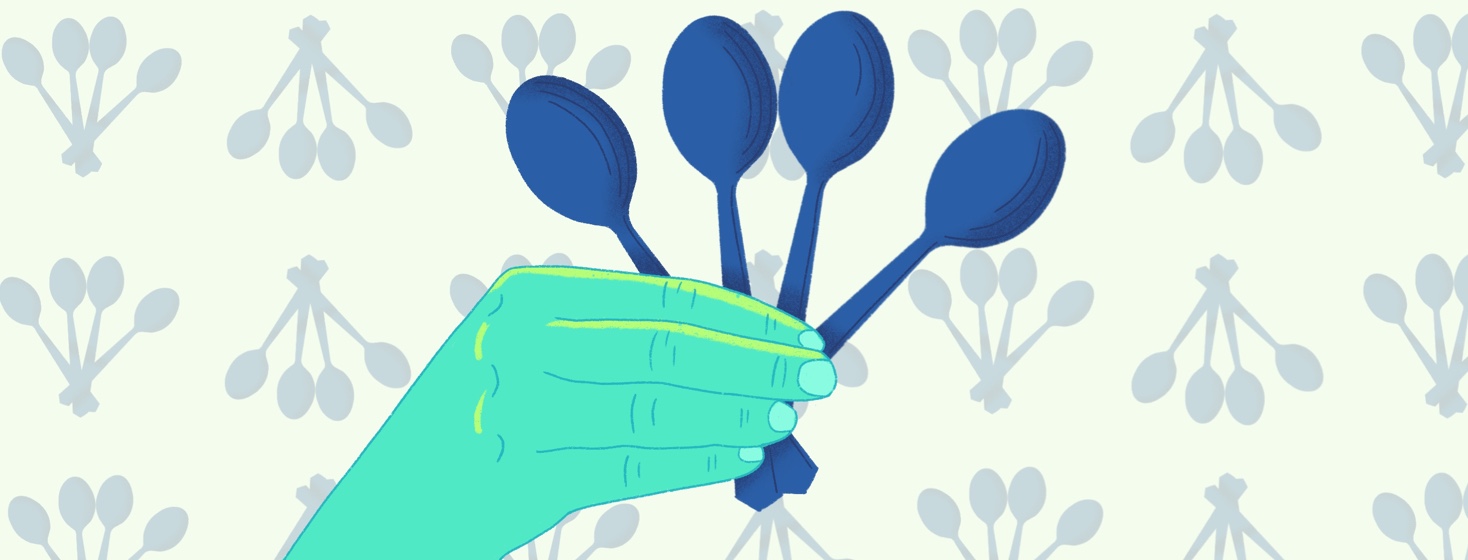4 Things You Don't Need to Apologize for With RA
Being a newer member of the RA community (I just recently passed my 2-year diagnosis-versary), I have learned a lot about what it means to live with RA and the feelings associated with it. I was born with cystic fibrosis and have always felt like part of that particular community, but RA is a newer identity I’ve had to adapt to.
4 things you shouldn't be ashamed of with RA
Along the way, I've learned that we apologize too much for living with a shotty and confused immune system which we have no control over. There are things you cannot control living with RA, and it’s best to release the shame and guilt and make peace with this new identity.
1. Accessing pain management
There can be a lot of shame surrounding pain management and the tools we use to help alleviate the pain. Specifically, pain medications get a bad rap because there is a constant threat of overuse and abuse. However, when someone is truly in pain, it makes accessing medications like this harder. It’s a double-edged sword, sometimes.
I have been afraid of asking for stronger medications because I am afraid someone will judge me or think my pain doesn’t warrant pain medication. However, I try to remind myself that if the patient is using the medication as it’s intended–to alleviate pain–then there’s no reason to apologize or feel shameful.
2. Trying different treatment options
Feeling disappointed after a failed treatment is normal and expected. Eventually, you may need to move on to other treatment options and give them a try.
Working with your rheumatologist’s office can be a long and daunting process. I know it was for me. I felt guilty that I was asking so much of my doctors at times, but in reality, that’s their job. It’s not something I need to feel guilty about. Appropriate medical treatment is reasonable, and you don’t need to apologize for the sometimes bumpy and winding path that gets you there.
3. Running out of spoons
The spoon theory is a great way the chronic illness community uses a visual representation of what it feels like to live with an illness that limits your energy and productivity. Each day we are given a finite number of spoons, and in return, everyday tasks such as showering, preparing meals, or caring for children all cost a spoon or multiple spoons in some cases.
When you live with RA, the same task may cost you more spoons than an average person. Inevitably, there are days when I run out of spoons far too quickly. I often feel like running out of spoons is my fault when in reality, it’s beyond my control. You are given the number of spoons you are given, and the only aspect of the spoon theory I can control is prioritizing tasks while listening to my body's limits.
4. Enjoying your good days
There’s this crazy misconception many people have about what a “sick” person looks and acts like. For some reason, being sick and enjoying your day seem to be mutually exclusive, meaning you can’t do both at the same time. Or, you shouldn’t be allowed to do both if you are truly in pain. What a load of bull! This never made sense to me.
Whenever you have the energy or the mental space to have a nice day, truly enjoy it. You deserve all the goodness that comes your way despite your disease.

Join the conversation